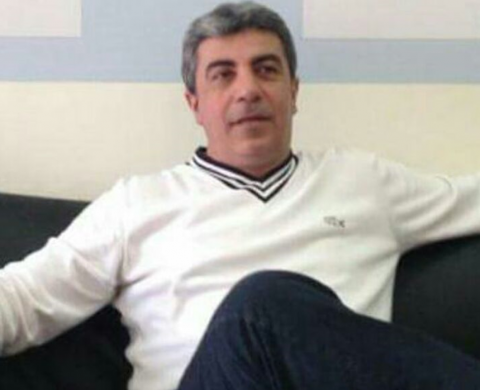
On September 15, 2017, the Working Group on Arbitrary Detention (WGAD) issued an Opinion on the case of a Lebanese citizen, Ahmed Mekkaoui, in which the UN experts qualified his detention as arbitrary and called for his immediate release.
Mekkaoui was sentenced by the UAE Federal Supreme Court on December 4, 2016 to 15 years in prison based on confessions extracted under torture. Opinion No. 47/2017 considers that his detention has no legal basis and is in clear breach of international fair trial guarantees.
Mekkaoui’s detention was deemed void of any legal basis as he was held incommunicado and in solitary confinement for seven months without having been brought before a judge. Additionally, the UAE authorities admitted that he was only charged in November 2015, 13 months after his arrest, violating his basic right to be promptly informed of the charges held against him.
The Working Group expressed grave concern over the psychological and physical, including sexual, acts of torture Mekkaoui was subjected to, as a result of which he sustained serious injuries and required multiple surgeries. Despite Mekkaoui raising these allegations with the public prosecution, no investigation was opened, and the confessions coerced under torture were later used as evidence against him.
Furthermore, Mekkaoui was unable to prepare his defence as he was denied access to legal counsel from the outset of his detention up until his first trial hearing.
All the above as well as the long delay between his arrest on October 13, 2014 and the beginning of his trial in June 2016 – about a year and a half – constitute a clear breach of international fair trial standards.
In its Opinion, the WGAD drew attention to the alarming trend of systematic torture and arbitrary detention occurring in the UAE, referring to a series of cases for which it has previously issued Opinions. Among those mentioned were Mohamed Az, Salim Alaradi and four other Libyan citizens as well as the 61 government critics prosecuted in the mass trial of the UAE 94, all of whom became victims of arbitrary deprivation of liberty after torture and ill-treatment had been used to coerce confessions.
With regards to the impunity of perpetrators of torture, as noted by the former Special Rapporteur on the Independence of Judges and Lawyers (SRIJL), Gabriela Knaul, after visiting the UAE in 2014, the WGAD recalls that “under certain circumstances, widespread or systematic imprisonment or other severe deprivation of liberty in violation of fundamental rules of international law may constitute crimes against humanity.” Likewise, the UN experts also drew attention to their 2016 request to visit the UAE, which has remained unanswered to date.
After thoroughly reviewing Mekkaoui’s case and qualifying his detention as arbitrary, the Working Group decided to refer the case to the Special Rapporteur on torture (SRT) and the Special Rapporteur on the independence of judges and lawyers.
The Working Group called upon the UAE authorities to immediately release Mekkaoui, to accord him the right to compensation, and to open an independent inquiry into his allegations of torture, as well as to prosecute those responsible. Moreover, the Emirati government has been encouraged to ratify the International Covenant on Civil and Political Rights (ICCPR) as well as the Optional Protocol to the Convention against Torture (OPCAT).
For more information or an interview, please contact media@alkarama.org (Dir: +41 22 734 1008).
